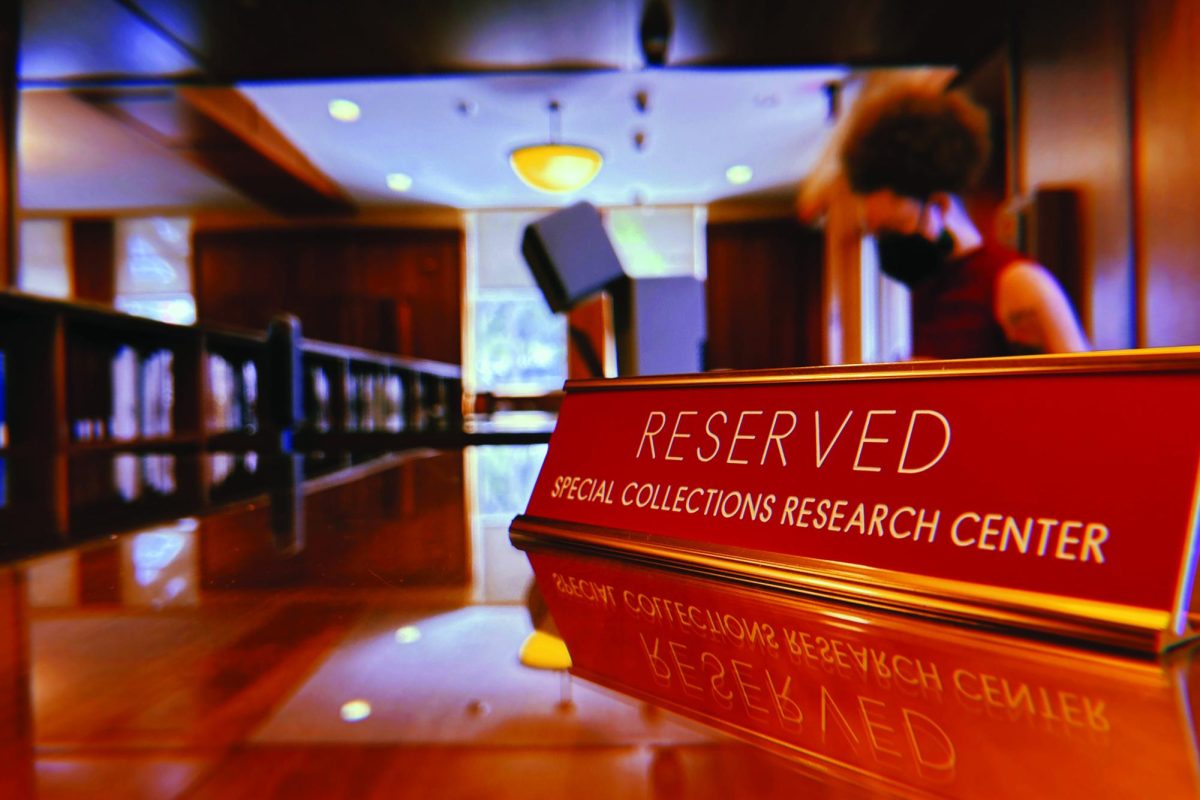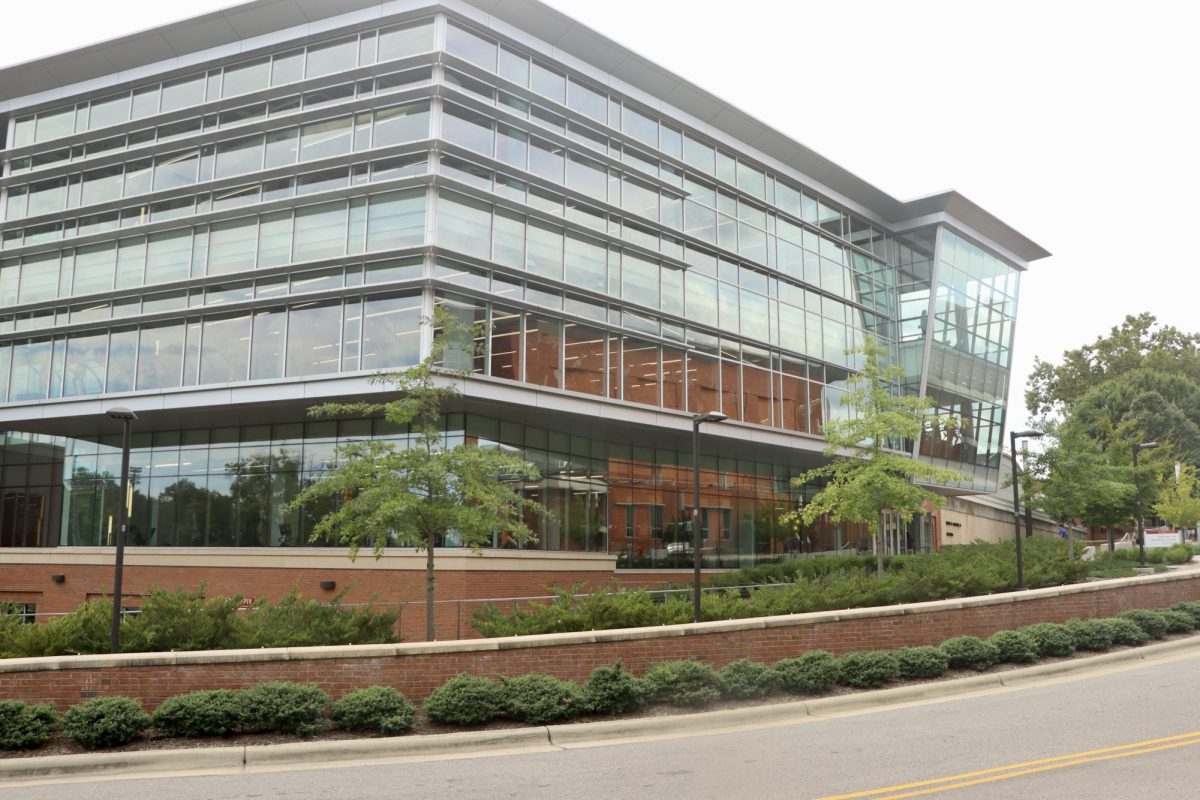Army ROTC partnered with the N.C. National Guard last Friday to coordinate a hands on aviation lab for its cadets.
Josh Berrian, cadet officer in charge of the aviation lab, said it gave the youngest cadets a chance to participate in a land and air simulation.
“Our cadre coordinated with the N.C. National Guard to get the two black hawks in for us to use,” Berrian said. “Basically what happened is we did a simulation of an air insertion. The MS-1 cadets were flown throughout the grounds of Dorthea Dix, where they were then presented with a movement-to-contact mission, where they faced other cadets acting as an enemy opposing force.”
Berrian said the cadets are grouped by year, MS-1 representing first year military science students, MS-2 representing second year and so on. The experience, he said, was mainly for the freshmen and sophomores.
“It is really good hands on experience with equipment that they may be responsible for using when they graduate and get into what we call the big army, or the real army,” Berrian said. “It prepares them for future summer training, like when they go to IDAC between their junior and senior years because they will be doing a helicopter exertion into a simulated area of operations.”
Cadet Lieutenant, Sage Boyd, said the lab gave the opportunity for several new experiences. She said several students had never flown on a helicopter before.
“I remember when I first heard about it,” Boyd said. “I was really nervous about it because I thought it was going to be really rough in the helicopter but it was so much smoother than I thought, the landing was even smooth.”
Berrian said there was a lot that went into the planning.
“It was kind of a tandem planning operation between myself and the bravo company cadre,” Berrian said. “So we had to come up with a flight plan, different chopper lifts, and what not, to coordinate the movements between MS-1’s and MS-2’s.”
The second part of the training, he said, was a ground exercise.
“Once the cadets were on the ground and they had dismounted the aircraft, I was responsible for briefing them in operations order, which essentially outlines the mission that they were about to complete,” Berrian said.
Planning for the lab, Berrian said, was also a valuable learning experience for himself.
“When I graduate I will be commissioned as a military intelligence officer and I will be stationed in a fort in upstate New York,” Berrian said. “As an officer you are responsible for planning different training operations so it was definitely a valuable learning experience. The planning and leadership skills we have gained during these labs will definitely show when we are in the real army.”
Another reason the training is important, Boyd said, is morale.
“It’s a nice end of year thing to do. It gets people excited to be in ROTC,” Boyd said. “Everyone who did it was really ecstatic about it. It is great for both retention and boosting morale.”
The next step for ROTC, Berrian said, is the field training exercise at Camp Butner next weekend.
“It is planned and run by the MS-4 and it is primarily training for the three younger levels,” Berrian said. “They will be doing basic rifle marksmanship and repelling. They will be doing patrolling lanes and they are going on a road march.”



